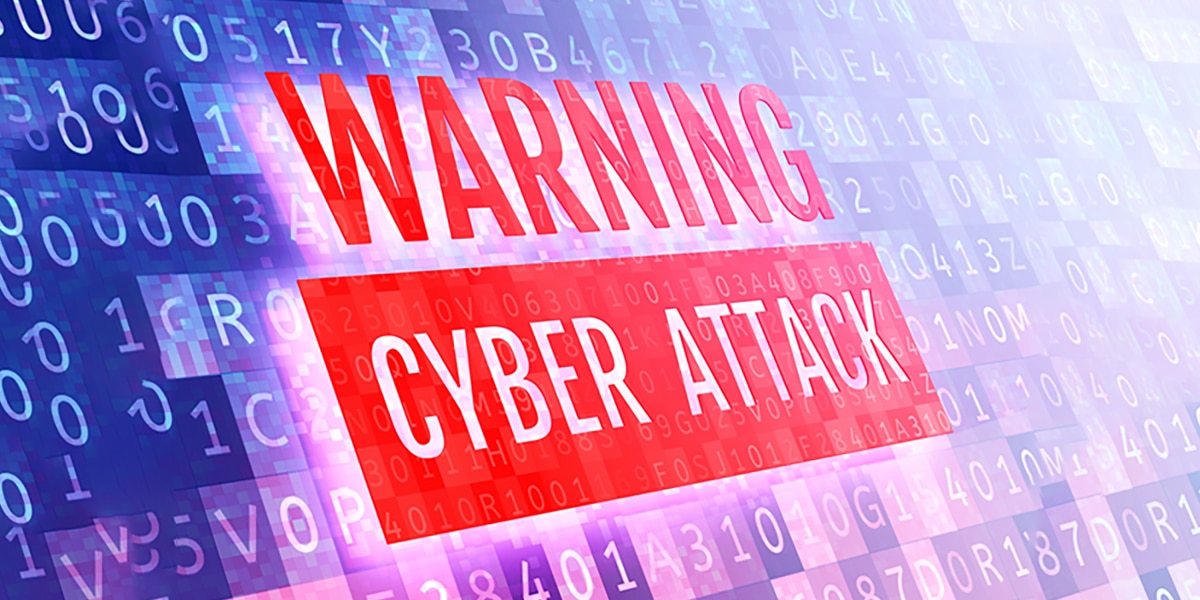The Federal Government has stated that a total of 12,988,978 attacks with origins both inside and outside of Nigeria were detected during the presidential election through the Minister of Communications and Digital Economy, Isa Pantami.
Pantami claims that every day, at least 1,550,000 threats against open portals and websites are reported, and that number soared to 6,997,277 on the day of the presidential election.
According to a statement released on Tuesday by Uwa Sulaiman, the minister of communications and digital economy's spokesperson, a number of hacking attempts, including distributed denial of service attacks, email and IPS attacks, SSH login attempts, Brute force injection attempts, path traversal, detection evasion, and forceful browsing, were made during this time.
The statement stated that from February 24 to February 27, 2023, all parastatals were to increase their 24/7 network and traffic monitoring for potential attacks. It also stated that on February 24, 2023, Pantami officially launched the Ministerial Standing Committee on Advisory Role for the Protection of Nigerian Cyberspace and ICT Infrastructure.
The committee, which included the CEOs of NCC, NITDA, and GBB as members and was chaired by the NCC Board Chairman, was tasked with monitoring the telecommunications infrastructure to ensure that elections were conducted in a credible, free, and transparent manner; developing and implementing plans to strengthen the resilience of critical digital infrastructure against cyber threats; designing procedures and using technologies to prevent, detect, and respond to cyberattacks; and developing the NCC's Cybersecurity Framework.
The committee was also given the task of creating a thorough risk assessment, examining the country's current cybersecurity capabilities, and identifying any gaps that needed to be filled, all the while giving the government expert advice on how to use digital technologies wisely during the general elections of 2023.
The following was part of the statement: "As part of its duty, the Federal Ministry of Communications and Digital Economy is expected to provide proper protection of Nigeria's cyberspace to a level at which citizens will have confidence in digital services. This mandate is consistent with the National Digital Economy Policy and Strategy for a Digital Nigeria's goals and objectives (NDEPS).
"In accordance with this mandate and as part of our efforts to support initiatives aimed at securing the Nigerian cyberspace, the parastatals supervised by the Ministry have established Cybersecurity Centers, specifically the Computer Emergency Readiness and Response Team (CERRT) of the National Information Technology (NITDA), the Computer Security Incident Response Team (CSIRT) of the Nigerian Communications Commission (NCC), and the Security Operations Centre of Galaxy Backbone (GBB) (SOC).
"In accordance with the Honourable Minister's policy directives, these Centers were established between 2020 and 2022. Since then, they have been keeping an eye on Nigerian cyberspace for potential threats and taking the necessary countermeasures, both individually and collectively, as well as in cooperation with other stakeholders.
It is noteworthy that threat intelligence shows an exponential rise in cyber threats to Nigerian cyberspace prior to the 2023 General Elections.
"In general, daily threats to open portals and websites averaged around 1.550,000. But, on the day of the presidential election, this shot up to 6,997,277.
"The Committee's work began on February 24, 2023, and finished on February 28, 2023. A number of hacking efforts were made during this time, including attempts at Distributed Denial of Service (DDoS), email and IPS assaults, SSH login attempts, attempts at brute force injection, path traversal, detection evasion, and forceful browsing.
"A total of 12,988,978 attacks with origins both inside and outside of Nigeria were noted.
The statement continued, "The parastatals have played a significant role in creating the enabling environment for the successful conduct of a credible, free, fair, and transparent election. They are overseen by the Ministry of Communications and Digital Economy.
"The Honorable Minister applauds all participants in the ecosystem of the digital economy for their contributions to this extraordinary success.
The minister added that the success of Nigeria's transition into the digital economy was a direct outcome of the government of President, Major General Muhammadu Buhari (retd. ), who was committed to seeing that it happened.
He expressed his gratitude for the President's ongoing support of the digital economy sector and said he hoped the lessons learned from the experience will be effectively applied in future elections.




















